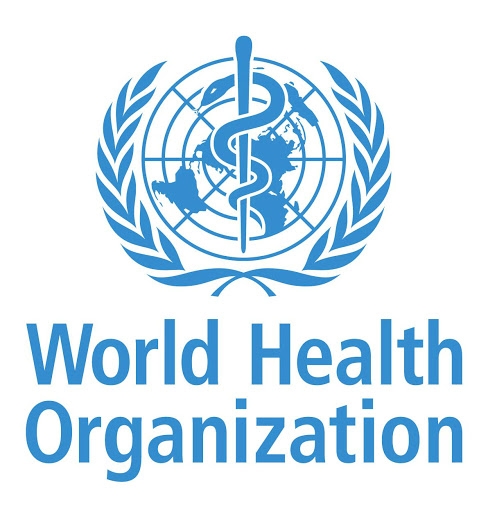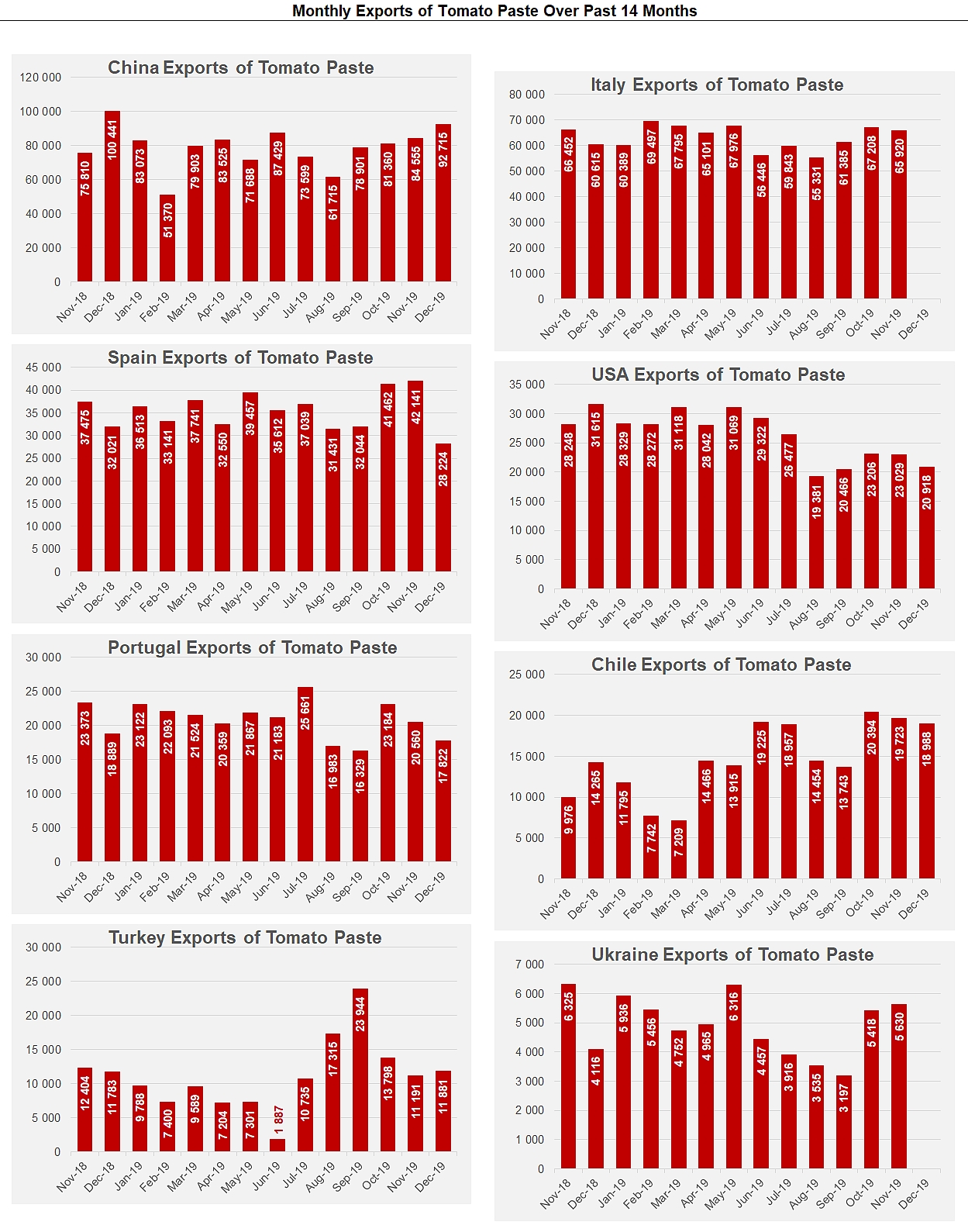Respect for your privacy is our priority
The cookie is a small information file stored in your browser each time you visit our web page.Cookies are useful because they record the history of your activity on our web page. Thus, when you return to the page, it identifies you and configures its content based on your browsing habits, your identity and your preferences.
You may accept cookies or refuse, block or delete cookies, at your convenience. To do this, you can choose from one of the options available on this window or even and if necessary, by configuring your browser.
If you refuse cookies, we can not guarantee the proper functioning of the various features of our web page.
For more information, please read the COOKIES INFORMATION section on our web page.


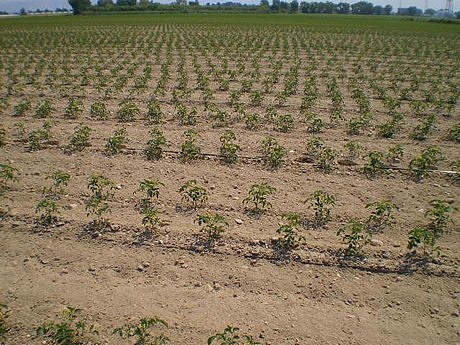 The sector has stated that it is ready to avoid any disruption to the supply chain: "Seedlings in the nurseries are ready, and as the mild weather of the past few weeks has accelerated growth, we have no choice but to start planting. We are aware of the countless problems linked to this pandemic, given that we have never had to conduct a processing season in such conditions. But for the moment, we have all had access to personal protection equipment within the company from the start, and there will therefore be no problem for the planting operations, which will be carried out with mechanical equipment, or for the harvesting stage which will be carried out by machine harvesters. There is no question of stopping, we must respect the multiannual agreements that bind us to the tomato processing industries of Campania ", stated Francesco La Montagna of the La Montagna cooperative in Acerra (Na).
The sector has stated that it is ready to avoid any disruption to the supply chain: "Seedlings in the nurseries are ready, and as the mild weather of the past few weeks has accelerated growth, we have no choice but to start planting. We are aware of the countless problems linked to this pandemic, given that we have never had to conduct a processing season in such conditions. But for the moment, we have all had access to personal protection equipment within the company from the start, and there will therefore be no problem for the planting operations, which will be carried out with mechanical equipment, or for the harvesting stage which will be carried out by machine harvesters. There is no question of stopping, we must respect the multiannual agreements that bind us to the tomato processing industries of Campania ", stated Francesco La Montagna of the La Montagna cooperative in Acerra (Na). On 4 March, the ANICAV announced that "due to the restriction and containment measures linked to the emergency context resulting from the Coronavirus epidemic and issued by the authorities concerning the conduct of public gatherings, the planned event "Tomatoes – good for you, good for research", originally scheduled for 14 and 15 March, has been postponed to Saturday 16 and Sunday 17 May 2020, in order to allow the active participation of the large numbers of people who would have been prevented from participating in this event by the prohibition measures."
On 4 March, the ANICAV announced that "due to the restriction and containment measures linked to the emergency context resulting from the Coronavirus epidemic and issued by the authorities concerning the conduct of public gatherings, the planned event "Tomatoes – good for you, good for research", originally scheduled for 14 and 15 March, has been postponed to Saturday 16 and Sunday 17 May 2020, in order to allow the active participation of the large numbers of people who would have been prevented from participating in this event by the prohibition measures."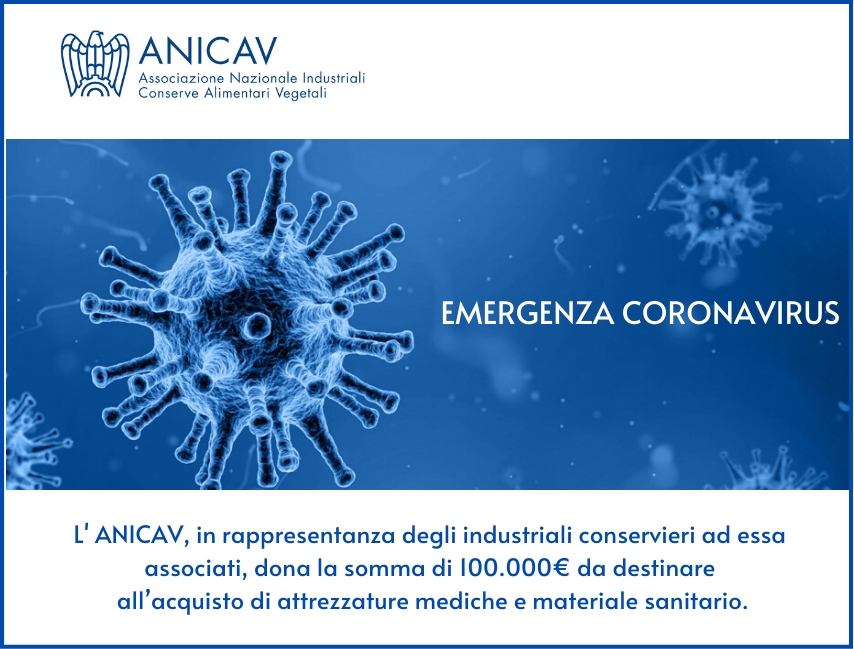 On 10 March 2020, the ANICAV (National Association of Canned Vegetable Industries) donated 100 000 euros to help purchase medical and sanitary equipment for the Campania and Emilia-Romagna regions.
On 10 March 2020, the ANICAV (National Association of Canned Vegetable Industries) donated 100 000 euros to help purchase medical and sanitary equipment for the Campania and Emilia-Romagna regions.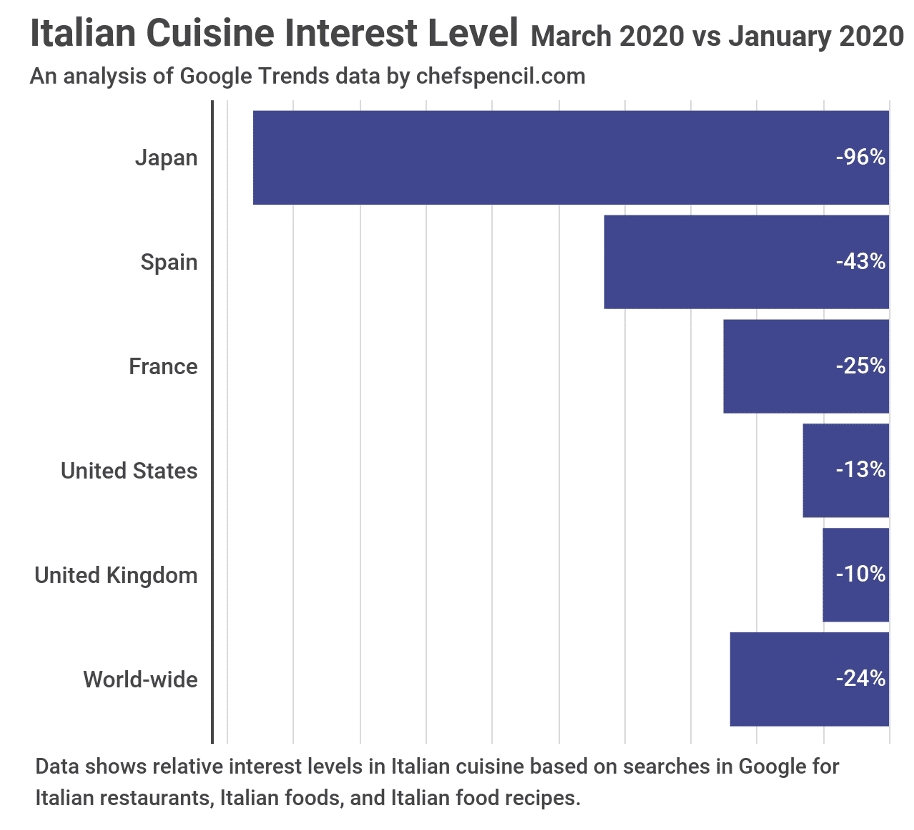 Given Italy's difficult commercial context, of which the recent TomatoWorld conference showed the internal market struggle to maintain trade flow at the retail level, Italian processors remain vigilant about the sales dynamics within the Horeca sector. A possible disaffection of consumers due to an unfortunate amalgam between the image of the countries most affected by the pandemic, erroneous information concerning the modes of transmission of the virus and the proven reality of the health risk – all of these factors could damage the image of the products and the commercial performance of the Italian industry, both domestically and on the export market.
Given Italy's difficult commercial context, of which the recent TomatoWorld conference showed the internal market struggle to maintain trade flow at the retail level, Italian processors remain vigilant about the sales dynamics within the Horeca sector. A possible disaffection of consumers due to an unfortunate amalgam between the image of the countries most affected by the pandemic, erroneous information concerning the modes of transmission of the virus and the proven reality of the health risk – all of these factors could damage the image of the products and the commercial performance of the Italian industry, both domestically and on the export market.